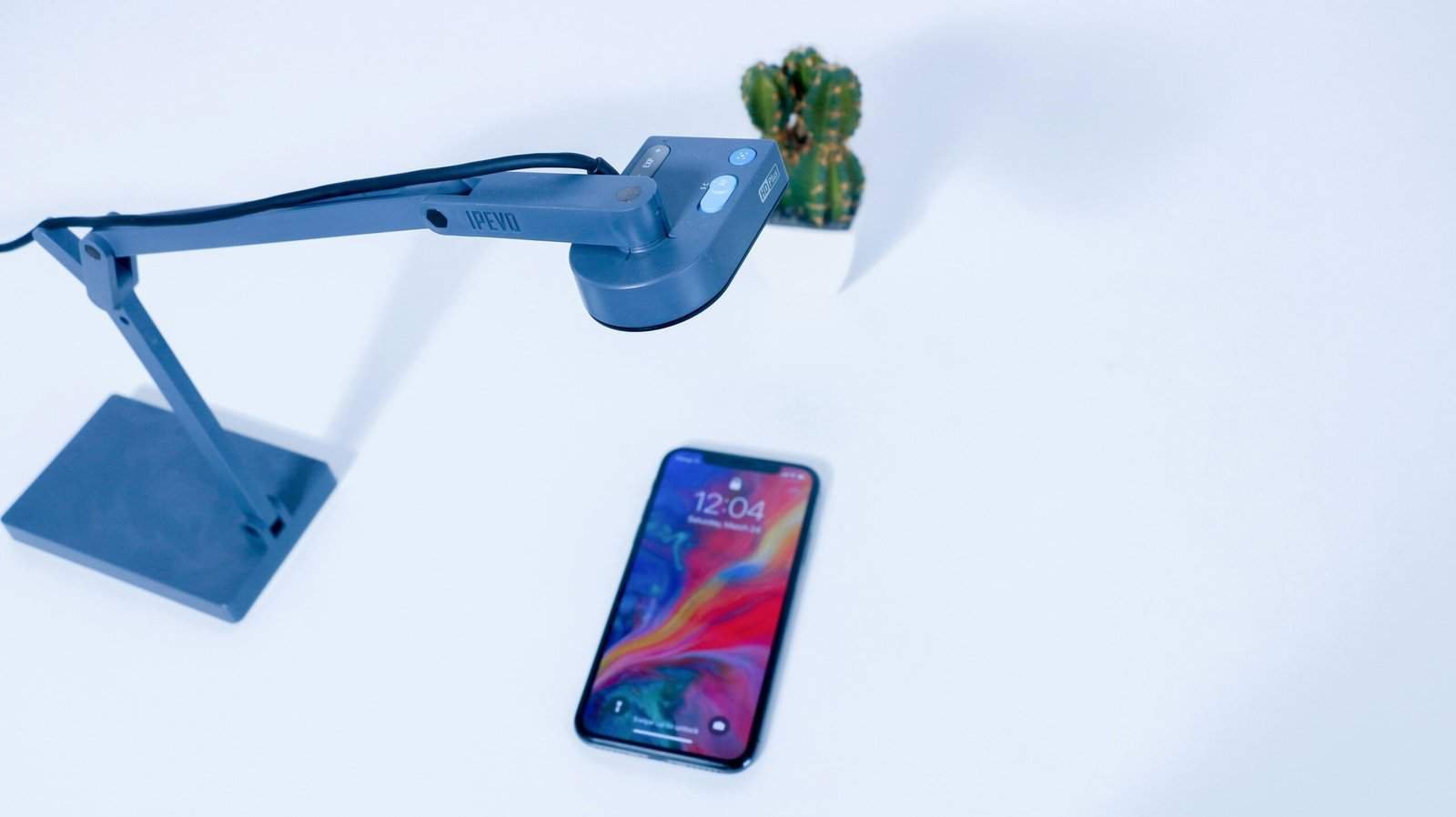Have you ever wondered what it takes to ensure that the apps you use daily run smoothly and meet all your expectations? In today’s tech-driven world, quality assurance is a critical aspect of software development, and freelance app testers play a significant role in this process. Let’s embark on a journey to uncover the role of a freelance app tester in quality assurance and how you can become effective in this field.

Understanding the Role of a Freelance App Tester
As a freelance app tester, your primary responsibility is to identify bugs and usability issues in software applications before they reach the end users. Your role is crucial in providing an unbiased perspective, ensuring that apps are user-friendly, efficient, and free of errors. You help bridge the gap between developers’ creations and the user’s expectations.
Why Is Quality Assurance Important?
Quality assurance (QA) is vital because it helps maintain high standards in software development. By catching and addressing issues early, QA saves companies from potential financial losses and maintains a company’s reputation. As an app tester, you are part of this essential process, ensuring that applications are reliable and perform correctly across various devices and platforms.
The Growing Demand for Freelance App Testers
In recent years, the demand for freelance app testers has grown significantly. With the increasing number of apps being developed, companies rely more on skilled individuals who can test apps on different devices and environments. As a freelance app tester, you provide flexibility and a fresh perspective, which are invaluable to developers.
The Skills You Need to Be an Effective App Tester
To be successful in this field, you must possess a mix of technical and soft skills. While some skills can be learned through practice and experience, others might require formal education or training.
Key Technical Skills
Understanding of Mobile and Web Technologies: Familiarize yourself with popular platforms like iOS, Android, and Windows, along with multiple browsers. Knowledge of different operating systems and their unique features will provide you with an edge.
Knowledge of Testing Tools: Make yourself comfortable with a range of testing tools such as Selenium, Appium, and JIRA. These tools assist in automating test cases and tracking bugs effectively.
Test Case Design and Execution: Being meticulous in designing test scenarios helps in covering all possible use cases. Practice executing these tests efficiently to spot potential issues.
Essential Soft Skills
Attention to Detail: Spotting even the smallest issues is crucial. Your keen eye for detail ensures that nothing slips through the cracks.
Analytical Thinking: Understand the logic behind app functionalities and anticipate how different users might interact with the application.
Communication Skills: Conveying findings clearly to developers and stakeholders is vital. You should be able to articulate issues and provide suggestions constructively.
Problem-Solving Skills: When you encounter an issue, thinking on your feet to find potential solutions or workarounds is invaluable.
Pathways to Becoming a Freelance App Tester
Entering this field is an exciting prospect, but understanding how to get started is crucial. Whether you’re a seasoned professional looking to transition or a newcomer, there are several ways to embark on a career as a freelance app tester.
Certification and Training Programs
Though not always necessary, obtaining certifications can enhance your credibility. Programs such as the ISTQB (International Software Testing Qualifications Board) offer certifications that demonstrate your expertise in software testing.
Building a Portfolio
Create a portfolio that showcases your experience and capabilities. Include projects you’ve worked on, detailing your role in testing. Highlight any particular findings that improved the app’s user experience or functionality.
Joining Freelance Platforms
Sites like Upwork, Freelancer, and Tester Work provide opportunities to connect with companies in need of freelance testers. These platforms offer various projects you can apply for, allowing you to build experience and client relationships.
Challenges Faced by Freelance App Testers
As with any job, freelancing as an app tester comes with its own set of challenges. Being aware of these can help you prepare and navigate through them more effectively.
Inconsistent Workflow
Freelance work can be sporadic, and securing a steady stream of projects might be challenging. Building good relationships with clients and delivering high-quality work can lead to more consistent opportunities.
Keeping Up with Technology
Technology evolves rapidly, and staying updated with the latest tools and testing practices is necessary. Regular learning through online courses and workshops can help you maintain a competitive edge.
Work-Life Balance
Working as a freelancer can blur the lines between professional and personal life. Establishing a clear schedule and setting boundaries are key to maintaining a healthy balance.

Best Practices for Freelance App Testing
To thrive as a freelance app tester, adopting best practices will be an advantage. These practices not only boost your efficiency but also enhance the quality of your work.
Structured Testing Approach
Using a structured approach ensures comprehensive testing. By planning your tests, creating robust test scenarios, and documenting outcomes, you provide clear insights into the app’s performance.
Effective Communication with Developers
Building rapport with developers enhances collaboration. Sharing detailed reports with clear steps to reproduce issues helps developers address bugs efficiently.
Continuous Learning and Adaptation
Invest time in learning new testing methodologies and frameworks. Attend webinars and join communities where you can exchange knowledge with other testers.
The Future of Freelance App Testing
As technology continues to advance, the landscape of app testing is poised for exciting changes. Here’s a glimpse into what the future might hold.
Increasing Automation
Automation is set to play a larger role in app testing. As a freelance app tester, being equipped with automation skills will be critical in handling complex testing scenarios.
Rise of AI and Machine Learning
AI and machine learning are beginning to influence app testing, offering tools that can predict potential issues and enhance testing accuracy. Adapting to these technologies will be crucial for staying relevant.
Collaboration with UX/UI Designers
There’s a growing emphasis on user experience, which means closer collaboration between testers and designers. Understanding design principles will be beneficial in evaluating apps from a user-centric perspective.

Conclusion
You’ve explored the essential aspects of being a freelance app tester for quality assurance. From the skills required to the pathways for entering this dynamic field, the role of a freelance app tester is both challenging and rewarding. By staying informed about industry trends, honing your skills, and maintaining effective communication with developers, you can excel and make significant contributions to the app development process. So, are you ready to embark on this exciting journey and become a crucial part of software quality assurance?

